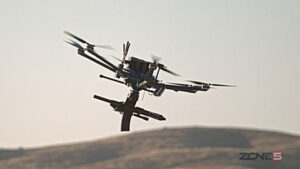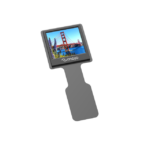
Drone manufacturers hoping to have their wares certified that they meet cybersecurity and non-Chinese supply chain requirements will be able to fund and use third party assessors, a move aimed at speeding up the process for getting small unmanned aircraft systems (UAS) onto the Blue UAS List, the Defense Department’s lead commercial innovation unit said last Friday. The Defense Innovation Unit (DIU) in June expects to issue a solicitation for companies that want to become third-party assessor to “expand the…

 By
By 










